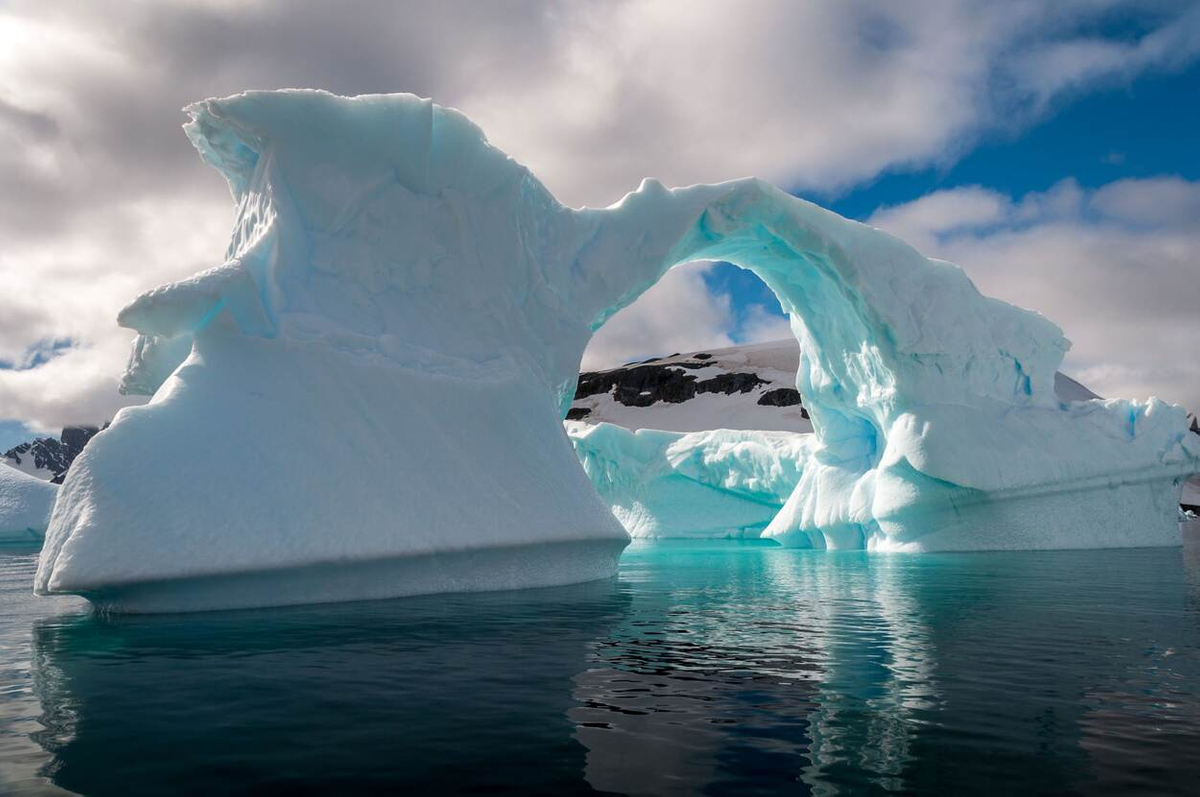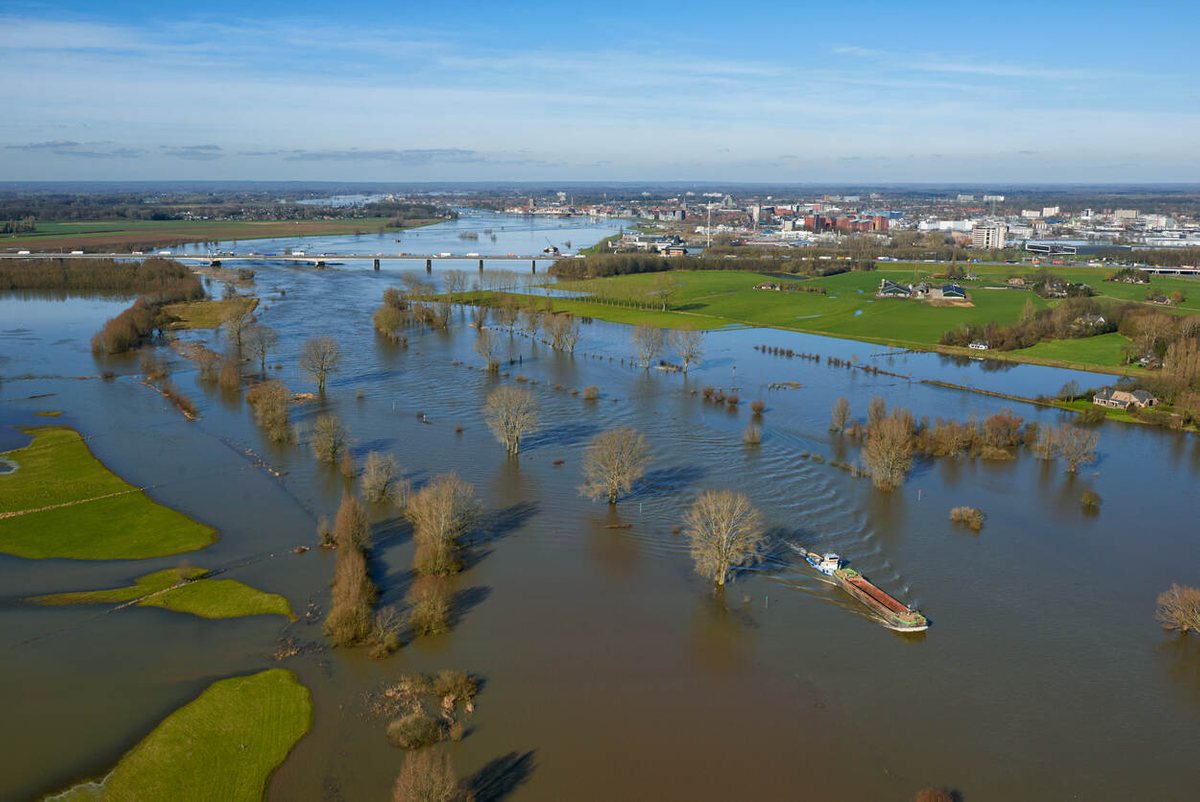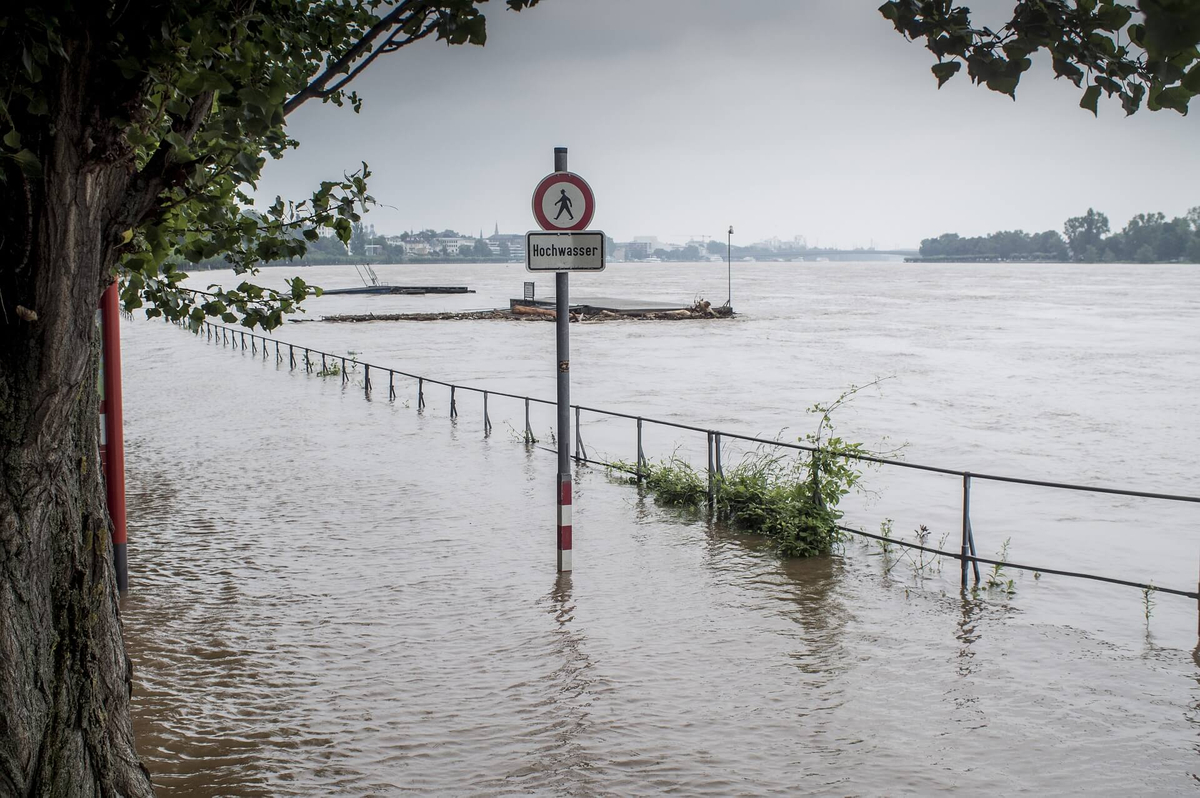Interview series 'The Challenges of Tomorrow'
Dutch water envoy Henk Ovink
Severe impact of climate change such as surge in sea level rise, floods, droughts and heat waves are adding to the pressure on river deltas. This has major consequences in low-lying, deltaic countries such as the Netherlands.
Through a series of interviews, we find out about the link between climate change and water, government’s initiatives and citizens’ responsibilities. We explore the prospect of the Netherlands leading water management strategies at a global level, given the innovative solutions it has adapted to overcome its unique challenges related to water. This was prompted by the release of Delta Programme 2022 by Dutch Delta Commissioner Peter Glas last September.
Henk Ovink is the first Dutch water envoy. He travels the world to work with governments, engineers, designers and local communities to find solutions to water challenges – from floods to droughts and pollution.
In this interview Henk Ovink talks about the Netherlands’ international efforts in bringing governments' attention to water and its lead role across borders.
You attended the COP26 climate summit in Glasgow to draw attention to water management as an important part of addressing climate change. What was the result of your visit?
It succeeded in bringing water and climate action together. For the first time in the history of the climate conferences, there was a water pavilion where water, climate change, energy, health, agriculture, food and disaster management sectors came together.
The pavilion proved to be a central place where everyone came, especially those from outside the water sector, to discuss all those global climate challenges related to water. From health to nature and biodiversity, from sanitation to flood protection, it is all interconnected. It was exactly what we wanted to project: water as a connector.
And so we need water at the heart of climate action?
Yes, it is important. We must now really understand that the global climate crisis is inextricably linked to water. Water is now more than ever internationally recognised as a dealmaker for climate action, both adaptation and mitigation. Water is given a central position in the climate approach, has an impact in the negotiations and is therefore higher than ever on the international agenda.

You were appointed as the Netherlands' first water envoy in 2015 to strengthen the Netherlands' international water ambition and raise water awareness across the world. How do you get the water awareness right in all ranks?
I travel the world to initiate water-conscious actions. I do not do this alone, but always in cooperation with people from different backgrounds, both institutional and informal, with the local population, in order to bring about positive change. Listening to each other and learning from each other creates a collective ambition to tackle global water challenges.
What experiences have coloured your work abroad?
There are many. I remember a moment in Chile when a teacher and his class came to my table at a restaurant and we started talking about water. Or Mr Abir in Khulna, Bangladesh, who texted me when I asked him about the effects of the hurricane: ‘The mangroves saved Khulna’.
The situation in Afghanistan and Gaza in the Middle East also impressed me, because there you are on the brink of a water shortage. And then you meet school children and ministers who are trying to do everything they can to find solutions to the water shortage, giving us a glimmer of hope.
These are stories from the field. How do you bring this water awareness to the attention of policy makers?
We have set up a High Level Panel of Water, which is a group of government leaders, in addition to the Secretary-General of the United Nations and the President of the World Bank. With this, we have brought water to the highest level of political attention.
In addition, we have conducted research and brought out publications such as The Geography of Future Water Challenges and the World Water Atlas to help policymakers make decisions. We make them realise that the conversation about water is about more than just water.
With the Water, Peace and Security initiative, for example, we show that water plays an important role in peace and security around the world. So it is about floods and droughts in connection with migration and conflicts in places such as Afghanistan and Gaza.
Making use of science by governments is important in tackling water problems. What role does innovation play in this?
Research shows that not only does more than 99% of all our investments exacerbate climate change and therefore contribute to destruction, but the way in which we make those investments also makes us more vulnerable. Because we invest in the wrong places and thus also destroy our nature and biodiversity. It will make us reach that 1.5 degrees of global warming soon.
Less than one percent of all investments is therefore good for the planet and it is precisely this portion that is relevant to work on, because it contains the power to change. These are the innovations that require the courage to take risks, to let go of existing conventions and interests, to dare to fail and above all to believe that it is possible: Together we can solve the water problems. We can make these projects the majority of our investments in four steps: from 1 to 2, to 4, to 16 and we are there!
Should the government do more?
The government plays an important role in stimulating innovation. It must dare to be the launch pad, the first big customer to give a tail wind to start-ups. If you want to change the world, you have to lead with investment and innovation power.
The business community is willing. They say: set the bar very high, we will jump. The government must help our people, but also internationally, to keep those standards very high. Only then will the innovation between business and the knowledge sector come about, enabling us to make greater leaps in sustainable development and climate action. It is possible, but it takes guts and leadership.

The flooding in Limburg, Belgium and Germany last summer has forced us to face the facts: climate change is here and now and it affects us all. What has this extreme situation taught you?
The flooding made climate change visible. In fact, nine out of ten natural disasters are water-related and the risks and consequences of climate change are increasing in intensity and frequency. No one is ready for the increasing extreme situations, but the Netherlands has shown that it is prepared for extremes such as the one in Limburg.
In recent years, we have invested heavily in the Delta Programme, which reasons on the basis of long-term developments and uncertainties while keeping an eye on the short term, such as dyke reinforcement and evacuation plans. And with the Room for the River programme, we have made our entire river sustainable, resilient and liveable. As a result, we have been able to prevent the worst in Limburg.
The Room for the River approach has proven successful in the Netherlands, but is only applied on a small scale elsewhere, such as in Poland. This success story deserves more attention and would help Europe to adapt to climate change. It would be fantastic to scale up Room for the River across Europe. That requires looking beyond borders and cooperation and the willingness to innovate with central control.
Can you give an example?
We are also trying to arrange this at the European level, but it is proving difficult. If you look at coastal safety in Europe for example, each country uses a different IPCC scenario, time horizon, financing and governance. This calls for a truly integrated European approach. We are only as strong as our weakest link.
Are there any bright spots?
Until the Paris Climate Agreement, the world was not concerned about adaptation, because it was difficult enough to get all countries committed about the mitigation agenda. Since then, the realisation has grown that even with a 1.5 degree warming, we will be in real trouble. Adaptation measures are then necessary for our survival. Moreover, they are also an opportunity for sustainability, a reset of our economy and a powerful engine for mitigation. It is and-and-and.
In that respect, the Netherlands has a natural advantage because we are the drain of Europe. Rivers flow into the sea here in the delta. Our historic location has forced us to take the lead, but that does mean that we must continue to invest in adaptation measures. Not only in the Netherlands, but also in partnerships across the border, so that together we are in a better position in Europe.
The time for change is now. The coalition for climate adaptation is stronger than ever. The European Union adopted a climate adaptation agenda for the first time early this year. Last summer's flood disaster showed us that we really need to work together to implement this agenda, and therefore across borders.
Last summer's flood is not an isolated event. Floods and droughts are becoming more frequent worldwide. We must arm ourselves against them. What can we learn from other delta regions in the world?
Here in the Netherlands, we believe very much in the systemic approach, while small-scale, local community knowledge is also important to improve water management. Different countries are historically or mandatorily much better at this.
Indigenous knowledge also brings other values, which are not grafted onto the economy, but rather onto the planet, biodiversity and the relationship between water, culture and health. We have lost this knowledge because economic considerations took precedence.
Not so long ago – in the 19th century – the Netherlands was hit by a cholera epidemic. This led to water, sanitation and hygiene becoming the pillars of our first and progressive Housing Act of 1901, designed to eliminate bad housing and promote the construction of healthy homes.
Back then, we already realised that health and a healthy living environment are related to water and we regulated this through a Housing Act. Our systemic approach combined with social involvement and small-scale knowledge is necessary to make the river delta sustainable.

The preservation of biodiversity plays a role in the sustainable organisation of the river delta. How do other countries deal with this?
Climate change increases extremes in the water cycle, such as droughts and flooding, which also threaten biodiversity.
We can take inspiration from cities such as Kunming in China, which wants to be at the forefront of efforts to preserve biodiversity. They use the concept of 'ecological civilisation' in which man does not set himself up against nature in order to exploit it, but instead lives in harmony with his environment.
An interesting development that ties in with this is to grant rights to rivers, or to recognise them as legal entities, as has happened in India, Colombia, New Zealand and Australia. We have to realise that the deterioration of nature, of biodiversity, threatens our human health and increases the risk of the next pandemic.
You help strengthen the international water ambition of the Netherlands. How does the Dutch water sector contribute to sustainable development and climate adaptation abroad?
The Dutch water sector consists of public and private parties, knowledge institutions and NGOs such as Both Ends. When I started, the water boards were active abroad, but in a fragmented way. With the Blue Deal, their efforts are much more coordinated and strengthened by the cooperation with the central government. We believe that this will have a greater impact on sustainable development abroad.
The aim of Paris Climate Agreement of 2015 and the sustainability goals are clear. Even as a small player, the Netherlands can add value, for example with our integral approach, experience with water management and financing. But we have to project our strengths and utilise them. For that we need a government that shows leadership and makes water – our unique selling point – a central part of the international climate ambition.
In 2023, the Netherlands, together with Tajikistan, will organise the United Nations Water Conference. What is needed to make the conference a success?
The conference provides us a unique opportunity to show leadership on water and climate change. That responsibility is ours.
I speak to many international players – from the OECD to the World Bank and from the US to Tajikistan. Without exception, they say that the whole world accepts the Dutch leadership when it comes to water. That does oblige us to take the lead.
If we are given this responsibility, we must live up to it. We must realise that with our integrated water approach, we can make a difference elsewhere, create a positive domino effect of solutions, helping to change the world, in the right direction.
This requires commitment from our new cabinet and a clear choice: water is our most important force for sustainable development and climate action. There is no lack of urgency and global support. So it's all hands on deck for the Netherlands to deliver now.



